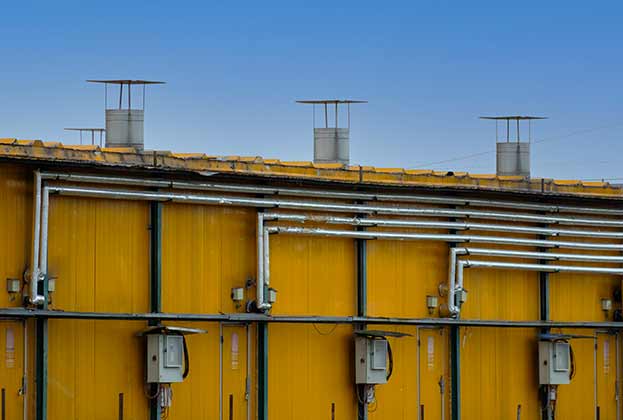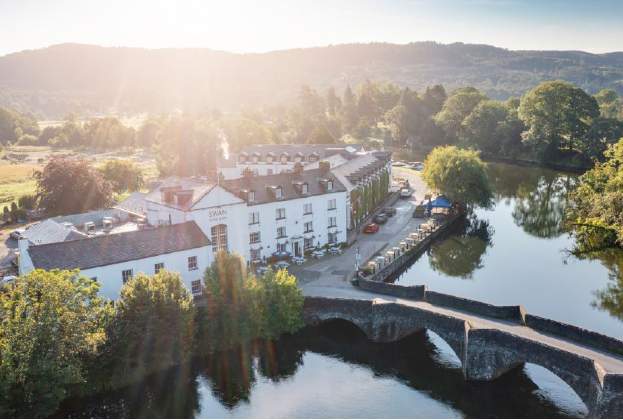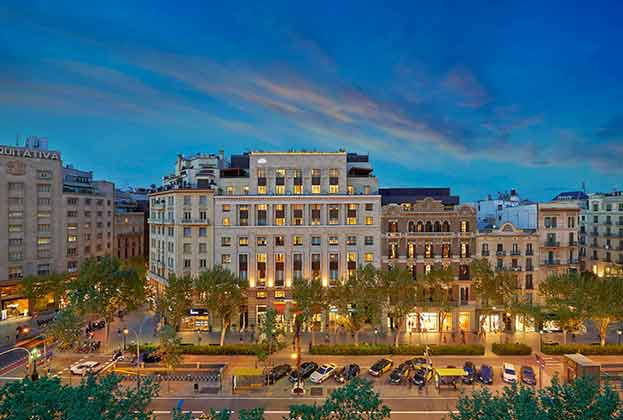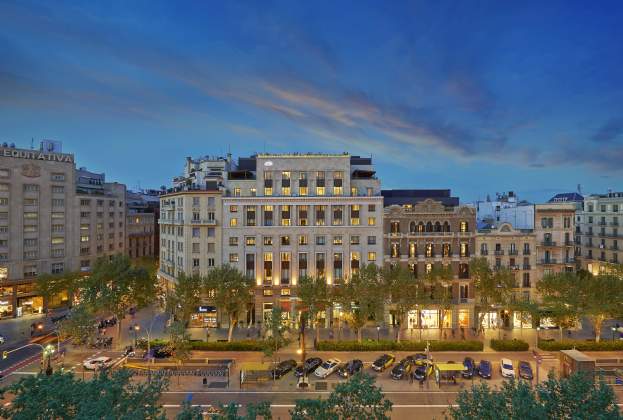'Conscious travel' is becoming an increasingly important focus for hotel companies. Triggered by documentaries such as Blue Planet II, which provided a glimpse at the impact that plastic straws have on our planet, hotels and hotel companies are now looking at innovative approaches to sustainability.
It certainly isn’t a temporary trend and the synergy between sustainability, operational cost savings and consumer-driven change means conscious travel is here to stay.
While many hotels claim to be eco-friendly, some particularly stand out. The Jumeirah Vittaveli in the Maldives treats seawater to create fresh drinking water and uses recycled glass bottles, saving around 50,000 plastic bottles a year.
Aside from using low-energy light bulbs and wood from certified local forests, the Jean-Michel Cousteau Resort in Fiji has an onsite farm, growing produce such as coconuts, pineapples and mangoes, using sustainable agricultural practices. As well as this, the hotel offers educational tours to its younger visitors, teaching them about environmentalism.
In the UK, the Eden Project plans to create a 109-bedroom Eden Hotel. The property is being carefully designed to maintain all existing mature landscape features on the site and will be constructed from an on-site manufactured timber modular system to create a low-energy building.
Aside from building a ‘green’ reputation, such initiatives are enabling hotels to cut costs, for example by installing motion sensors that automatically turn off lights and air-conditioning. In its 2017 annual accounts Hilton reported to have made a cumulative $1 billion in savings through its industry-leading sustainability practices.
Sustainability initiatives are not exclusively ‘green’ initiatives. Some hotel companies have gone beyond ecological sustainability, with Shiva Hotels setting up the Shiva Foundation that aims to tackle and prevent human trafficking and modern slavery in the UK hotel industry.
As ever, business changes are driven by the consumer. In the 2017 Sustainable Travel Report, Booking.com demonstrated that 68 per cent of travellers intended to stay in an 'eco-accommodation' in 2018, up from 65 per cent in 2017 and 62 per cent in 2016.
With sustainability playing an ever important role in the consumer’s booking choice, the question arises of ‘how do you define and measure sustainable travel?’ In 2018 Booking.com partnered with Green Key, an internationally recognised eco-label that highlights Green Key awarded properties as ‘sustainable’. However the program is voluntary and self-administered, with just 20 per cent of the properties undergoing an annual inspection.
Looking to the future, it’s important to ensure that sustainability doesn’t just become a marketing tool and maintains its place as a meaningful and genuine movement. With millennial travellers likely to be in the driving seat, and not conforming to traditional loyalty programs, sustainability could be a key way in which to capture this audience.
Further information



.jpg)
.jpg)





